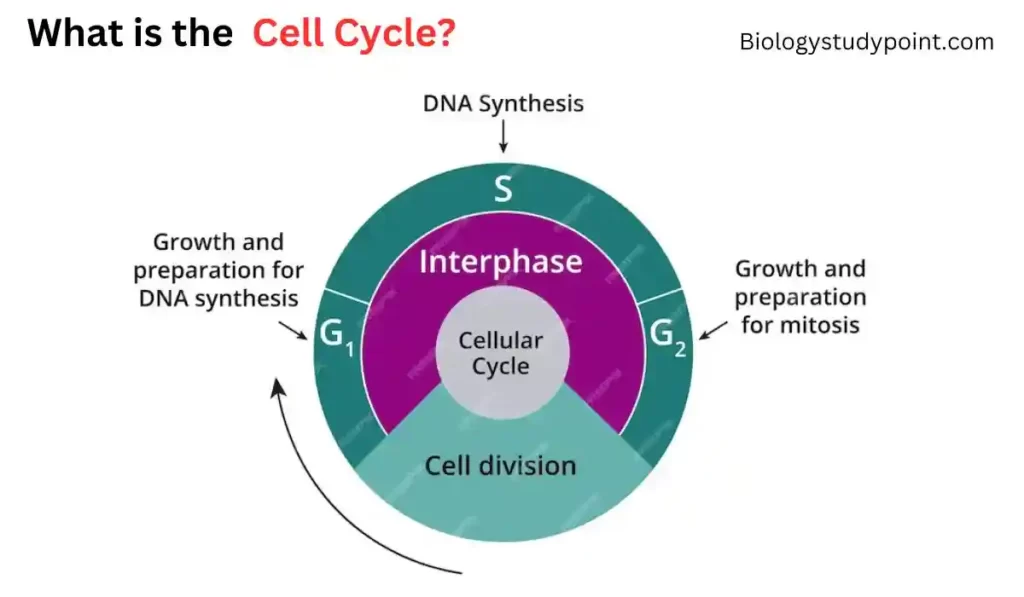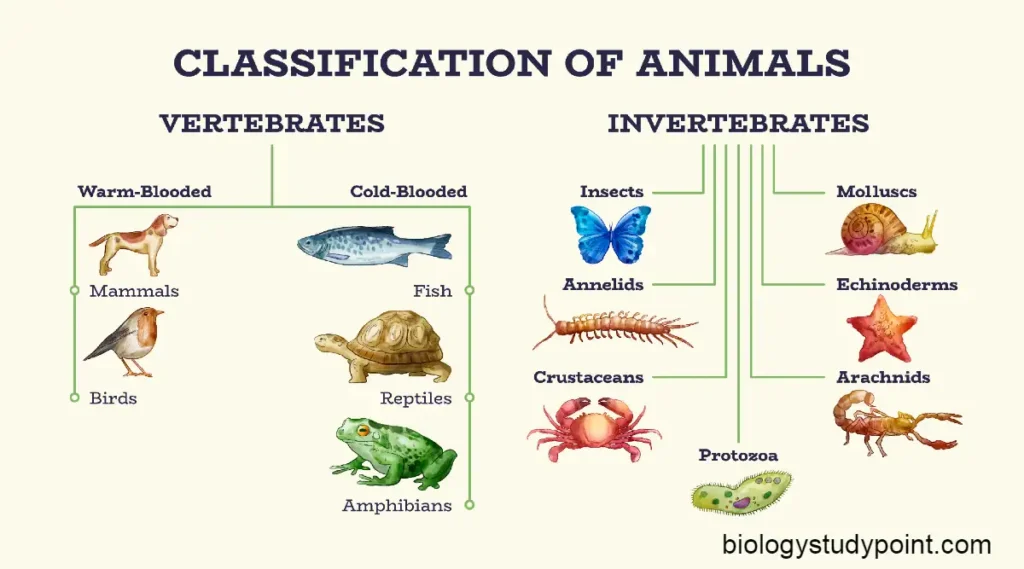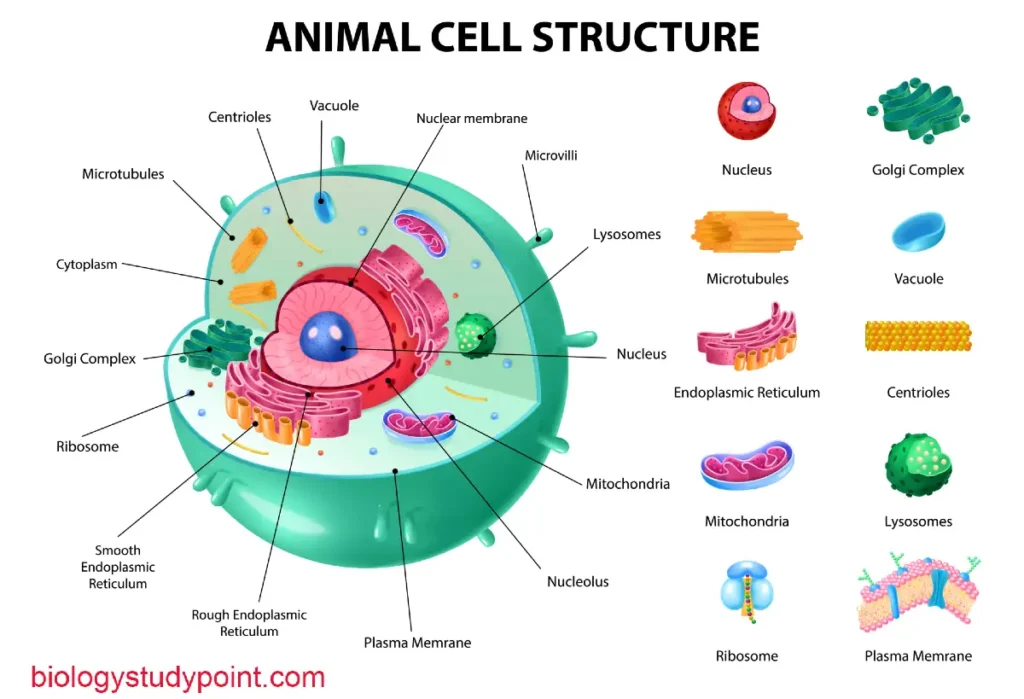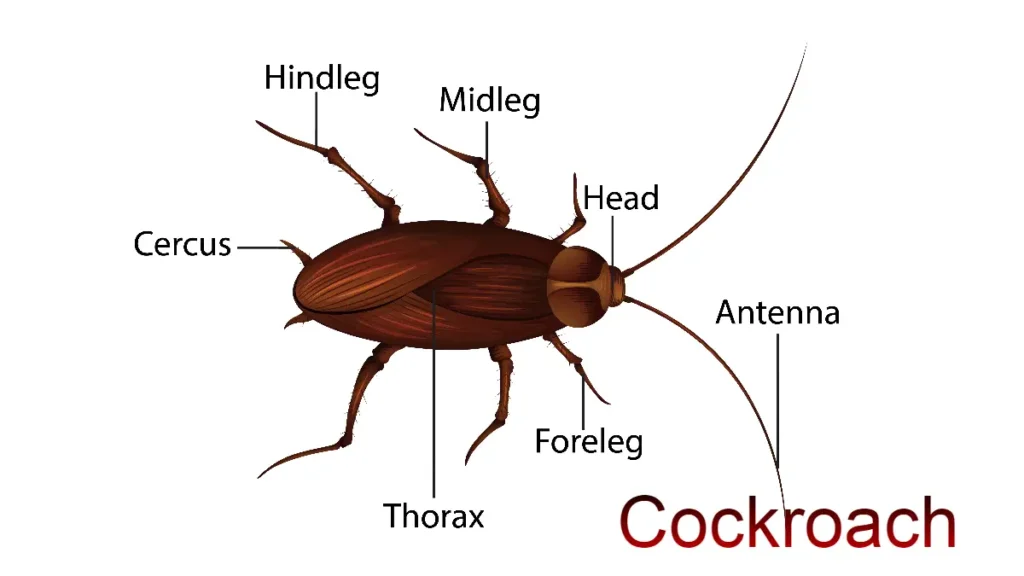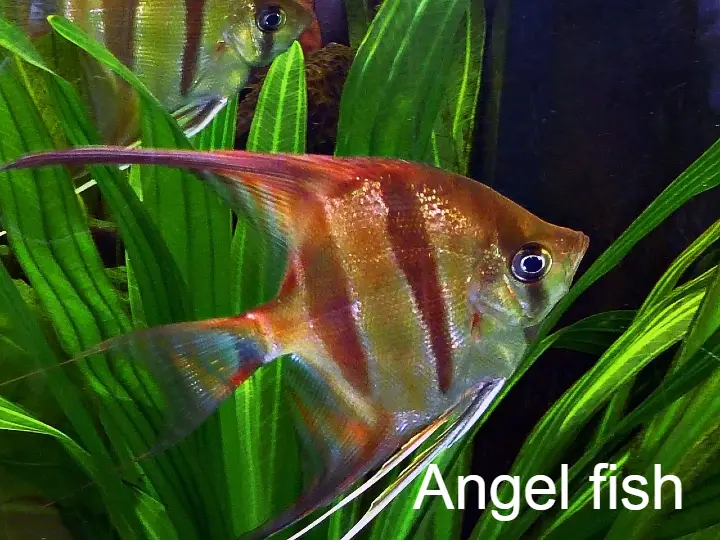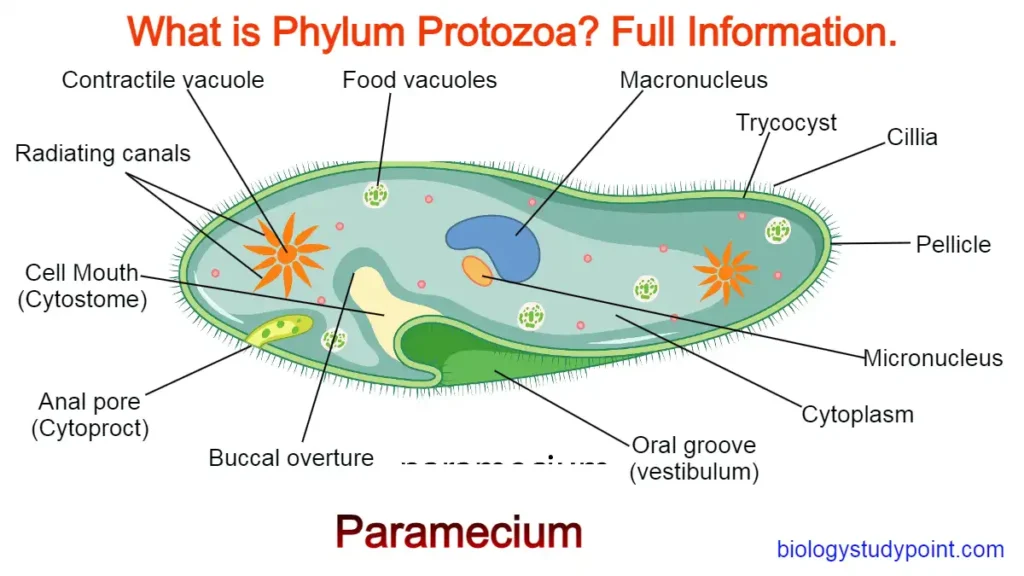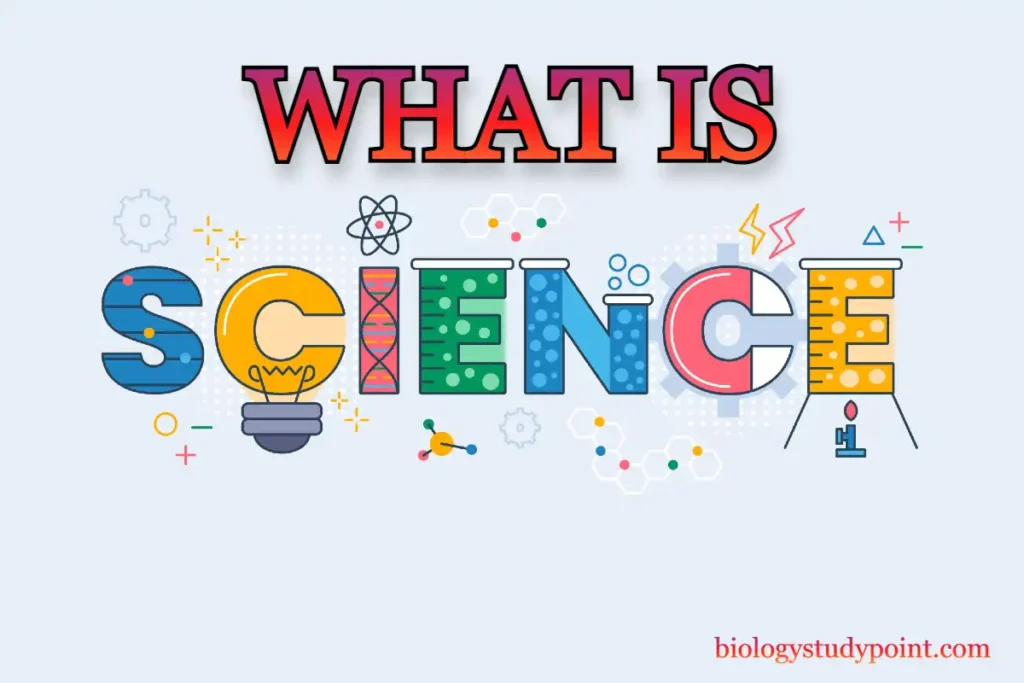Hello Guys, in today’s article you will know what is the cell cycle? What is its definition, how many phases is it divided into? There are many more questions about the cell cycle that we will study further, so let’s get started without wasting any time.
What is cell cycle?
Life cycle of any cell The time or process from the formation of that cell to its division is called cell cycle.
Let us understand it in more simple language. See, there is a cell which divides itself into two smaller cells. Now these cells will first grow and then divide, so the process from growth to division is called cell cycle.
Friends, the life cycle of any cell starts with the formation of daughter cells, and ends at the end of Telophase, because after this stage the cell gets divided into two parts, and the cell cycle starts again.
These daughter cells are smaller than the mother cell. Moreover, the DNA present in their nucleus is half of the DNA present in the nucleus of the mother cell.
These daughter cells synthesize their own new cytoplasm and nuclear material, causing them to increase in size and continue synthesizing until the total volume of each cell is four times its original amount, and the DNA that What happens is that it replicates and doubles its quantity.
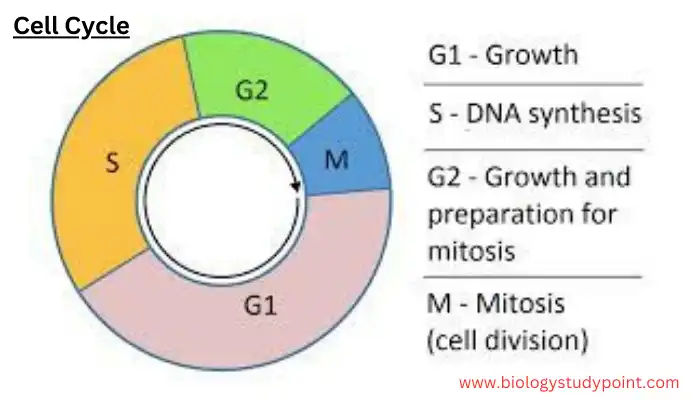
After this much work is done, the cell becomes ready for division again. This process keeps happening repeatedly, and this cycle is called the cell cycle.
In other words, the growth and division of the cell repeatedly in a cyclical manner is called cell cycle. This happens in two phase.
- Growth Phase, or Interphase
- Division Phase
Growth Phase or Interphase –
This phase is the time between two cell divisions. During this time, the cell synthesizes and stores all the substances necessary for cell division. After doing this work the cell becomes ready to divide itself. This time is also called preparatory phase. The development process is divided into three substages.
- G1-substage
- S-substage
- G2-substage
G1-phase or the state after mitosis and G0-phase –
In this stage, the daughter cell synthesizes cytoplasm due to which the size of the daughter cell increases. In the synthesis of cytoplasm, it synthesizes enzymes, mRNA, tRNA, ribosomes, proteins etc. and stores them, along with this it also synthesizes nitrogenous bases necessary for DNA replication. In this stage the chromosomes are stretched into slender fine threads and form an inter-woven chromatin network.
In mammals, there are some cells that do not divide. For example, lymphocytes of the blood or nerve cells, the cell cycle stops at a point in this state. The state at which it stops is called the G0 phase. It is also called checkpoint. And when such a cell is ready for division, it enters the G1 phase.
S-phase or DNA synthesis phase –
In this stage the following tasks take place.
- In this stage replication of DNA takes place.
- Histones (proteins) are synthesized which are attached to DNA.
- This stage takes about 30-50% time of the cell cycle.
G2-phase or the stage before mitosis –
In this state, the amount of DNA in the nucleus doubles. In this, the amount of nuclear volume increases due to the synthesis of ribosomal RNA, messenger RNA and nucleolar RNA. Not only this, cells synthesize essential proteins during cell division. This stage takes only 10%–20% time of the cell cycle.
Mitotic Division –
This stage is the last stage of the cell cycle. This is also called M-state. Its stage gives rise to two daughter cells. This stage is divided into Prophase, Metaphase, Anaphase, and Telophase.
Which phase of the cell cycle is the longest?
The longest phase in the cell cycle is the growth phase. In this phase there are three substages inside the cell. G1, S and G2. Of these three, S-substage takes the most time. DNA is synthesized in this stage. The growth phase alone takes up more than 80% of the cell cycle. In the remaining time, cell division takes place.
Conclusion-
Friends, in this article I have tried to give complete information about what is the cell cycle, but still if something is missing in it then please tell by commenting and also share it on any social platform.
Thank you
